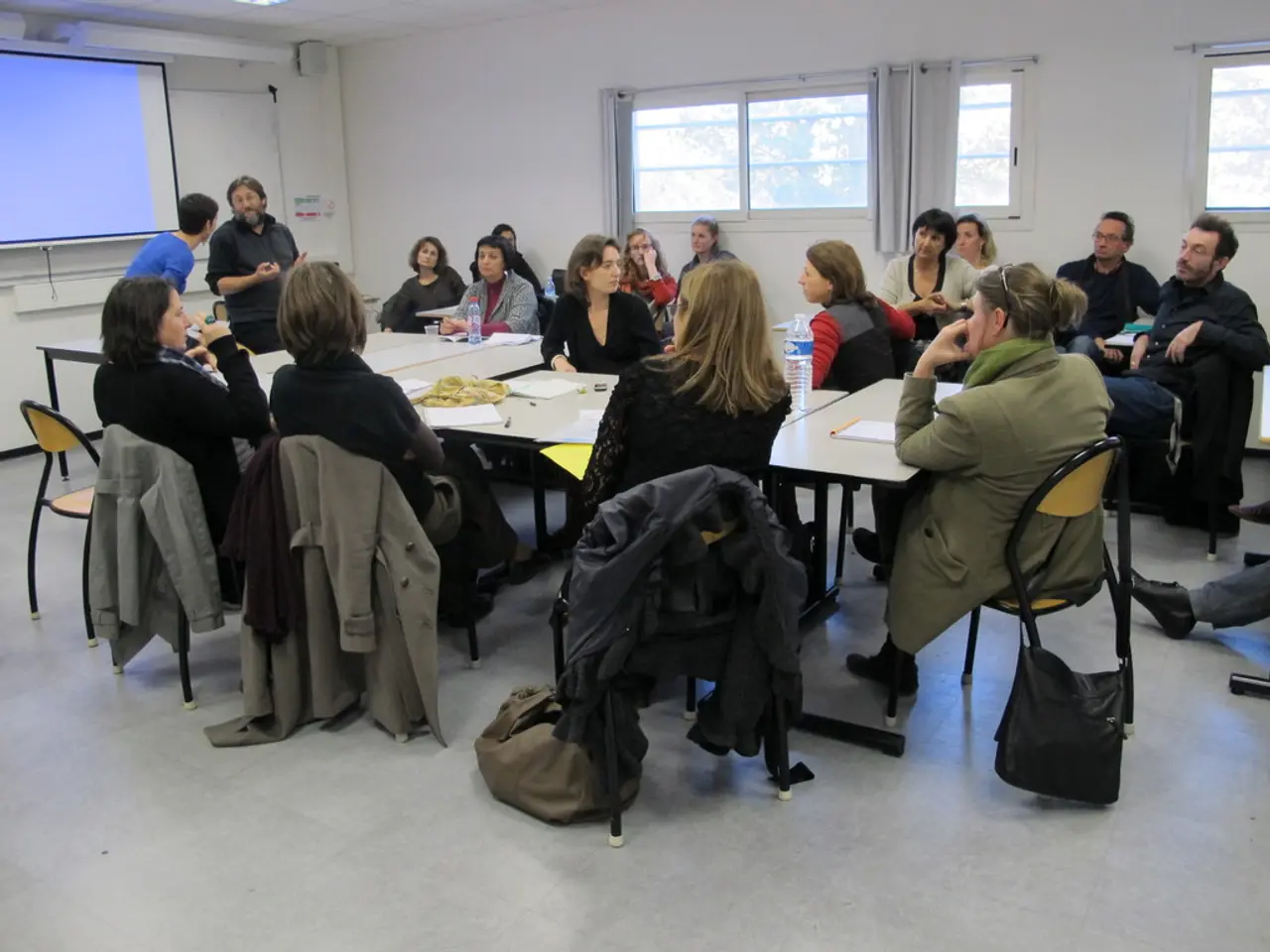Collaborative Efforts: Harmony or Disarray
In the Philippine education system, group performance tasks are a common experience for students across different schools. These tasks, designed to develop teamwork, leadership skills, communication skills, critical thinking, creativity, and responsibility, often account for 40 to 50 percent of academic grades. However, unequal participation in these tasks can lead to a heavier workload for those who take responsibility, causing stress and negatively impacting grades.
Cathlein Ghaile D.R. Gabriel, a Grade 8 student from Sta. Barbara Integrated High School in Nueva Ecija, expresses feeling sad and unfair due to unequal contributions in group tasks. Roy Bartolome Fano, a Grade 8 student from Abellana National School in Cebu City, shares a similar frustration. Renmar Stephen Blanca, a Grade 9 student from Sta. Barbara Integrated High School, emphasizes the importance of fairness in group tasks.
Strategies for managing unequal participation in group performance tasks include measures focusing on equitable grading, encouraging shared responsibility, and addressing uncooperative behavior directly. One strategy is individual grading based on contribution, where students are graded according to their actual input rather than giving all group members the same grade. This strategy aims to promote fairness and reduce resentment caused by unequal work distribution.
Teachers also encourage teamwork by emphasizing communication, leadership, and critical thinking skills, with the goal of distributing tasks evenly. However, challenges remain due to the lack of shared responsibility, which leads to frustration and stress among more active group members. To address this, teacher mediation and support are crucial. Providing guidance and intervention when group conflicts and free-riding occur can help balance participation.
In addition, developing soft skills is another strategy. Group tasks are designed to build collaboration and communication skills, which have long-term educational benefits despite short-term stress caused by unequal participation. Empowering students through these tasks can foster responsibility and leadership, which may alleviate future issues with uneven workload.
Addressing broader systemic issues is also necessary. Unequal access to quality education and resource gaps in the Philippine system influence overall student stress and performance. Reforms aiming at equity and better support for both students and teachers are needed for systemic improvement, which may indirectly reduce inequality in group tasks.
Many believe greater maturity and fairness are needed among students to address the imbalance in group tasks. Blanca states that if group members do not follow rules, it can cause problems for those who care about their grades, potentially leading to lower grades.
In sum, balancing individual accountability with teamwork development is crucial. Strategies like individualized grading and teacher intervention can reduce unfairness and stress caused by unequal participation, thus positively influencing students’ grades and emotional well-being in group performance tasks in the Philippine education context.
- In the education-and-self-development process, fostering soft skills like communication, leadership, and critical thinking can help distribute tasks equitably in group tasks, promoting personal-growth, career-development, and learning.
- Beyond the classroom, ensuring equitable access to quality education and addressing resource gaps in the Philippine system can improve students' performance and well-being, indirectly reducing inequality in group tasks.
- Skills-training programs focusing on personal responsibility, fairness, and teamwork can empower students to manage unequal participation in group tasks, contributing to their overall education and personal growth.




